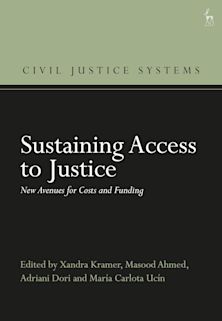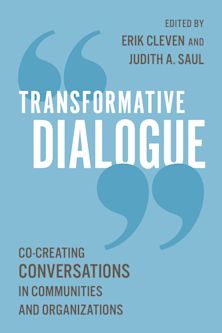- Home
- ACADEMIC
- Law
- ADR and Arbitration
- Legal Assistants in International Dispute Settlement
Legal Assistants in International Dispute Settlement
Navigating Legitimacy
Legal Assistants in International Dispute Settlement
Navigating Legitimacy
Payment for this pre-order will be taken when the item becomes available
- Delivery and returns info
-
Free US delivery on orders $35 or over
You must sign in to add this item to your wishlist. Please sign in or create an account
Description
This book analyses the role of actors that critically aid adjudicators at different stages of the dispute resolution process across 20 international dispute resolution bodies.
Collectively referred to as Legal Assistants in the book, these actors are known by different names such as legal officers, référendaires, secretariat staff, registry staff, etc. The book uses doctrinal research, supplemented through interviews with relevant actors in each dispute resolution body, and delivers a holistic view of their everyday practice.
The book provides a comparative study on the functions of Legal Assistants at every stage of the dispute resolution process, revealing the widespread and critical nature of their work. It addresses the legitimacy concerns raised about the alleged influence Legal Assistants may exercise over adjudicators as well as in the decision-making process. These concerns are traced across sources such as judicial/quasi-judicial decisions; statements or criticisms raised by States parties, academics, or practitioners; and concerns that arose in conversations with judges, Legals Assistants, and other relevant actors. By employing a comparative lens, the book moves from concerns that are specific to individual dispute resolution bodies towards general concerns.
By tapping into the wealth of comparative practices across dispute resolution bodies to navigate these legitimacy concerns, this essential book reframes the narrative that Legal Assistants threaten the legitimacy of international dispute resolution, and proposes solutions to show how their expertise can be leveraged to strengthen the legitimacy of outcomes.
Table of Contents
Part I: Overview of Institutions: Structure, Procedure, and Observations on the role of Legal Assistants
2. African Court of Human and Peoples' Rights
3. Court of Justice of the European Union
4. Common Market for Eastern and Southern Africa Court of Justice
5. Commercial Arbitration
6. The United States-Mexico-Canada Agreement
7. East African Court of Justice
8. Economic Community of West African States Court of Justice
9. European Court of Human Rights
10. Court of Justice of the European Free Trade Association
11. Inter-American Court of Human Rights
12. International Court of Justice
13. International Centre for Settlement of Investment Disputes
14. International Criminal Tribunals
15. International Tribunal for the Law of the Sea
16. Iran-US Claims Tribunal
17. Mercado Común Del Sur
18. Permanent Court of Arbitration
19. World Trade Organisation Dispute Settlement System
Part II: Comparative Practices, Concerns, and Proposed Solutions across Institutions
20. Situating the Legal Assistants within the Institutions: A Comparative Perspective
21. Legal Assistants and the Dispute Resolution Process
22. Concerns and Criticisms on the Influence of Legal Assistants
23. Comparative Analysis and Identification of Useful Practices
Part III: Application of Findings to the WTO DSS
24. A Case Study on the WTO Dispute Settlement System: Reform and More
25. How to Implement Possible Reform into the WTO DSS?
26. Conclusion
Product details
| Published | Jul 09 2026 |
|---|---|
| Format | Hardback |
| Edition | 1st |
| Extent | 384 |
| ISBN | 9781509992218 |
| Imprint | Hart Publishing |
| Dimensions | 9 x 6 inches |
| Publisher | Bloomsbury Publishing |



































